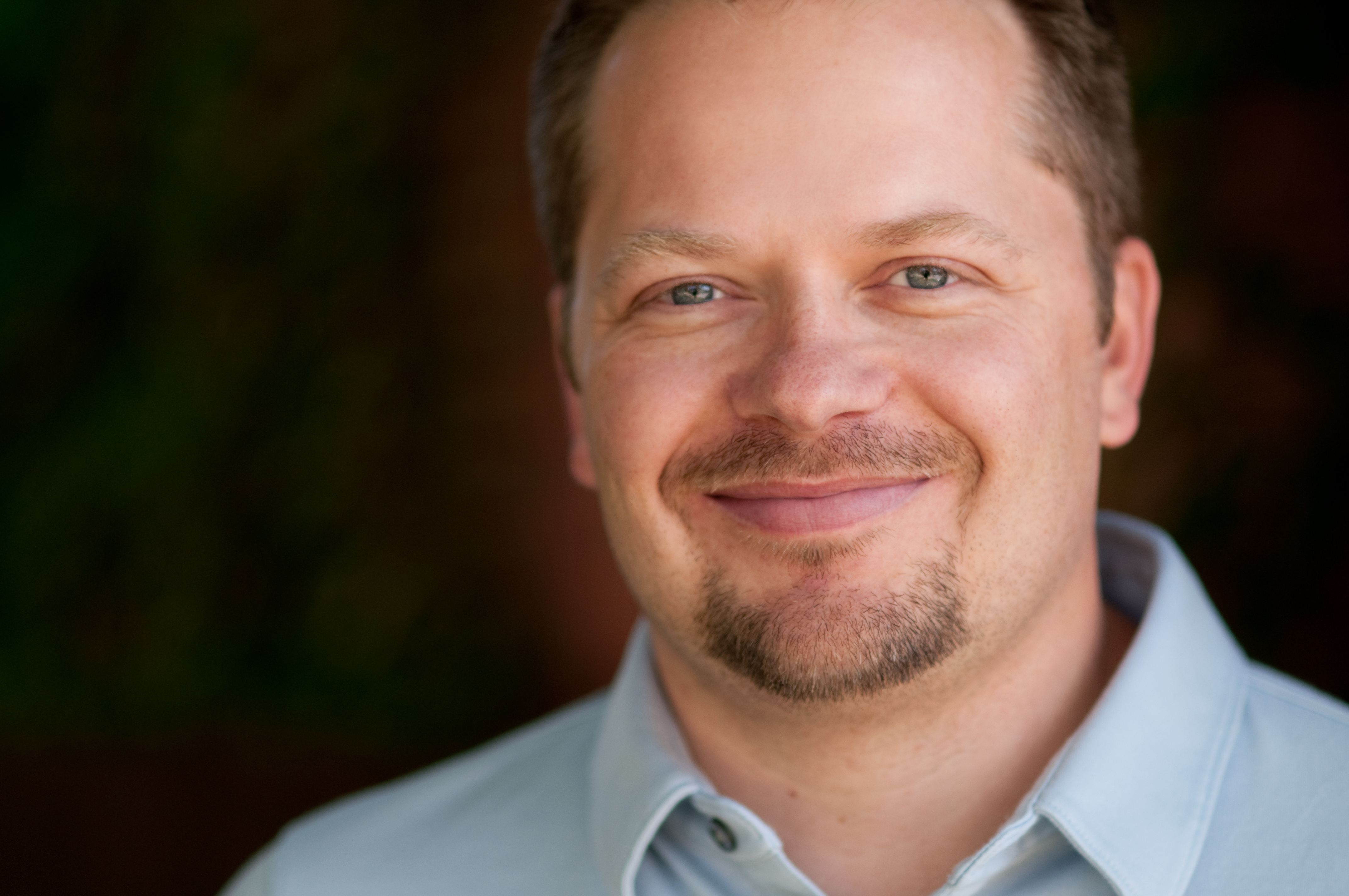In conjunction with the Survivors of Abuse group we periodically offer here at WGA, I have read and re-read Dan Allender’s book, The Wounded Heart. In the prologue of his text, Allender addresses a few points about ineffective paths to healing for abuse survivors. These are usually offered with the best of intentions, but in the long run can often cause more damage and pain to the abuse survivor: denial-based forgiveness, pressured demands to love, and dramatic spiritual interventions.
Denial-Based Forgiveness
“An abused woman was told by her pastor that she was to forget the past and stop pitying herself, because many people have had a lot worse things happen to them than being abused by their father. This advice made any reflection on the effects of abuse selfish and illegitimate. His comment felt as painful to her as the original abuse.”1
This illustration is poignant, because this type of thinking is pervasive in Christian culture. The “forgive and forget” approach may be effective when a minor, petty offense has been committed. With the issue of abuse, this is unhelpful. To “forgive and forget” is the equivalent of saying that what happened to the abuse victim did not matter. Likely, this is how they were made to feel by their abuser. This type of advice does not help them to move through and beyond the consequences of the abuse. Instead, it continues the warped view of themselves that the survivor has carried since the abuse originally occurred: “I am worthless.”
Pressured Demands to Love
“A woman was told by her friends that she was tempting the judgment of God because she was taking her abuser to court. She was told that her desire to bring him to justice was unloving and vengeful. She wryly remarked that a friend had recently received a sizable out-of-court settlement for an accident, and no one batted an eye. It appeared to be acceptable to use the court system for a damaged car, but not for a damaged soul.”2
This point of Allender’s is difficult. The illustration of taking an abuser to court does not apply to every situation, but I believe it speaks to the attitude present in many of those in an abuse survivor’s support system. “If you could just learn to love your abuser, then this would be easier for you,” seems to be the thought behind the attitude. Scriptures about God’s direction to us to love our enemies are often used to make the point. Love certainly is a part of the equation and needs to be addressed. It is an oversimplification of the problem when this becomes the focal point of the advice given. It is often offered without thought to the cost or an acknowledgement of the past.
This is complicated by the fact that the majority of abuse is perpetrated by someone who is known by other family members. Often the abuser is a member of the family itself. If the victim could just love their abuser and move on, it would keep the family from having to be uncomfortable. More often than not, I would venture to guess that love is already present in the relationship. This is part of why the pain goes so deep… a person they love and trust violated that love and trust.
Dramatic Spiritual Interventions
“I recently worked with a woman who was part of a charismatic church connected to a national healing and miracle ministry, which makes an assumption that sexually abused persons are demon-oppressed. The memories may be the concoction of the demons, thus discounting the validity of the past abuse; or the memories may be actual events that are kept in the mind by the evil host that inhabit the victim. In either case, the strategy is to cast the demons out through the ritual of exorcism.”3
Allender’s point is not to criticize charismatics or to minimize spiritual warfare in the abuse victim’s life. Rather, I think he is making the point that assuming that the effects of abuse the victim is experiencing (memories, fear, etc.) are only the result of demonic oppression can potentially damage a person further. If a person has gone through an exorcism and still finds themselves experiencing effects of the abuse,what then? Another demon must be to blame, rather than considering a different approach to healing. The real issues may never be addressed if the person and their church environment continue to assume demonic-oppression.
“Quick cures never resolve the deep damage.”4
It is not only exorcism that fits the category of Dramatic Spiritual Interventions. Using the power of positive thinking or other ways of changing one’s ways of thinking and feeling, without adding the component of addressing the abuse, can have similar results. The abuse victim is avoiding the fact of the abuse. He or she cannot move forward in their life as long as the abuse goes unacknowledged and unaddressed.
The Better Path
In counterpoint of the above, Allender also offers what he calls “The Better Path.”
“What is the better path? The argument of this book is that the best path is through the valley of the shadow of death. The crags of doubt and the valleys of despair offer a proving ground of God that no other terrain can provide. God does show Himself faithful; but the geography is often desert-dry and mountainous-demanding, to the point that the path seems too dangerous to face the journey ahead…
The journey involves bringing our wounded heart before God, a heart that is full of rage, overwhelmed with doubt, bloodied but unbroken, rebellious, stained, and lonely. It does not seem possible that anyone can handle, let alone embrace, our wounded and sinful heart… The Lord has promised He will not put out the smoldering flax or break the broken reed (Isaiah 42:3).”5
All of the unhelpful solutions described by Allender in his book and by me in this article point to something. Our desire is to see abuse victims freed from the burden of the past. In our attempts to love and help, we can offer misguided support with the best intentions. I pray that you and I will choose to journey into the valley of the shadow of death with those God brings across our path. This journey through (and out) of the valley is only possible if we travel together.
______________________
1 Dr. Dan B Allender, The Wounded Heart (NavPress, Colorado Springs, CO, 1990), pg. 15
2 Allender, pg. 17
3 Allender, pg. 19
4 Allender, pg. 19
5 Allender, pg. 20

Roger Jones
Executive Director
In the spring of 1995, the conflict Roger felt between his faith and his sexuality, as well as an addiction to pornography, led him to WGA. His personal journey has provided him unique insights into sexuality and the pain of adversity, which he shares through his testimony, facilitation of small groups, writing and public speaking.
Roger began working with WGA in October of 1996 as the Assistant office Manager. Since that time, he has worn many hats and served in several different positions, including Assistant Program Director and Operations Director. In April of 2007, Roger assumed the position of Executive Director.
Roger attended West Texas A&M University, where he studied Music Business. Much of his training has been “on the job,” where he was mentored by the ministry’s Founder, Mary Heathman, and the Program Director, Scott Kingry. He holds a BA from West Texas A&M University.
Roger, his wife Jill, and their daughter Julia and son William, attend Celebration Community Church where Jill serves as Associate Pastor.
Make a Difference in Someone's Life
If you enjoy reading WGA’s blogs and would like to show your support, please consider making a donation. Where Grace Abounds is a 501(c)3 non-profit organization. The majority of services, including support groups and discipleship counseling, are provided free of charge. Your financial gifts help to cover the costs associated with offering a free program to those who seek WGA’s services.

